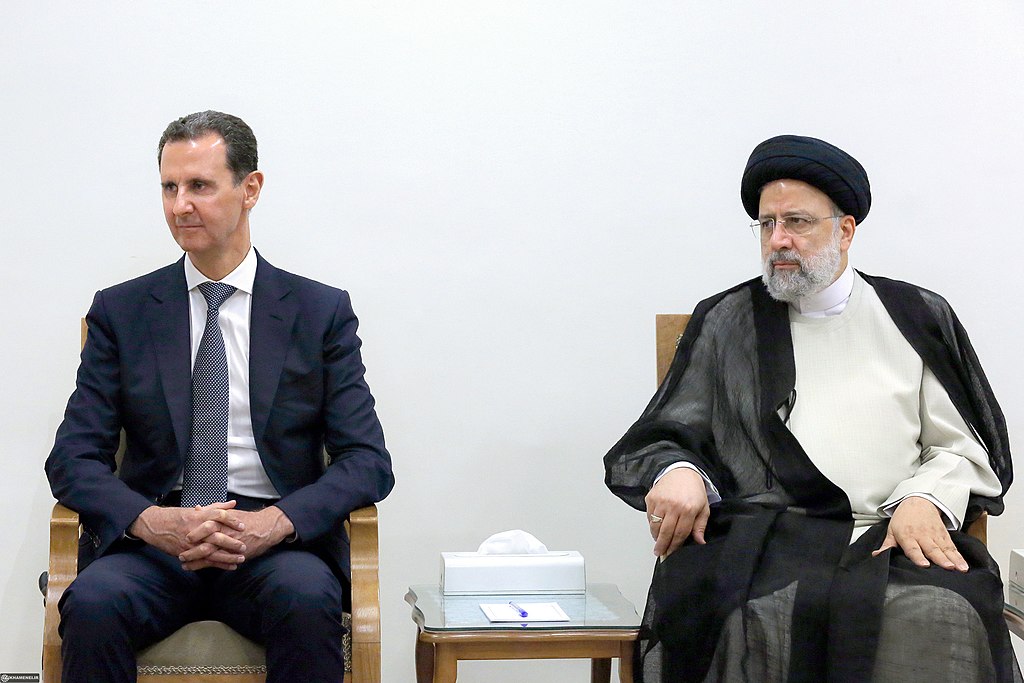European foreign ministers will meet on January 27 in Brussels to discuss easing sanctions on Syria, according to EU foreign policy chief Kaja Kallas. This comes after Syria’s President Bashar al-Assad was ousted by insurgent forces led by Hayat Tahrir al-Sham (HTS), who have since formed a caretaker government in Damascus.
Kallas emphasized that any easing of sanctions would depend on the new administration’s inclusivity, governance, and avoidance of radicalization. She stated, “If developments go in the right direction, we are ready to take steps forward.”
Saudi Arabia hosted a high-level meeting of Western and Middle Eastern leaders in Riyadh on Sunday, urging the West to lift sanctions to facilitate international aid. Saudi foreign minister Prince Faisal bin Farhan Al Saud highlighted the need to end sanctions, citing their impact on Syria's development.
Germany has proposed easing sanctions for humanitarian relief while maintaining restrictions on Assad allies involved in war crimes. German foreign minister Annalena Baerbock underscored the need for immediate benefits for Syrians transitioning from conflict.
The U.S. recently granted a six-month sanctions exemption for humanitarian transactions and limited energy deals. British foreign minister David Lammy and other regional leaders attended the Riyadh talks to explore support for Syria’s interim authorities and mechanisms to hold the Assad regime accountable for war crimes.
The sanctions, originally imposed in 2011 following Assad’s crackdown on protests, remain a point of contention, particularly given HTS’s past ties to al-Qaeda. However, with the current transition, international leaders are evaluating steps to aid Syrians while addressing ongoing challenges.
This pivotal moment could reshape Syria's trajectory, contingent on the new government’s adherence to international standards of governance and inclusivity.



 New York Judge Orders Redrawing of GOP-Held Congressional District
New York Judge Orders Redrawing of GOP-Held Congressional District  Norway Opens Corruption Probe Into Former PM and Nobel Committee Chair Thorbjoern Jagland Over Epstein Links
Norway Opens Corruption Probe Into Former PM and Nobel Committee Chair Thorbjoern Jagland Over Epstein Links  Federal Judge Restores Funding for Gateway Rail Tunnel Project
Federal Judge Restores Funding for Gateway Rail Tunnel Project  Pentagon Ends Military Education Programs With Harvard University
Pentagon Ends Military Education Programs With Harvard University  Supreme Court Signals Skepticism Toward Hawaii Handgun Carry Law
Supreme Court Signals Skepticism Toward Hawaii Handgun Carry Law  New York Legalizes Medical Aid in Dying for Terminally Ill Patients
New York Legalizes Medical Aid in Dying for Terminally Ill Patients  Federal Judge Signals Possible Dismissal of xAI Lawsuit Against OpenAI
Federal Judge Signals Possible Dismissal of xAI Lawsuit Against OpenAI  Trump Rejects Putin’s New START Extension Offer, Raising Fears of a New Nuclear Arms Race
Trump Rejects Putin’s New START Extension Offer, Raising Fears of a New Nuclear Arms Race  Trump Allows Commercial Fishing in Protected New England Waters
Trump Allows Commercial Fishing in Protected New England Waters  Trump Family Files $10 Billion Lawsuit Over IRS Tax Disclosure
Trump Family Files $10 Billion Lawsuit Over IRS Tax Disclosure  CK Hutchison Launches Arbitration After Panama Court Revokes Canal Port Licences
CK Hutchison Launches Arbitration After Panama Court Revokes Canal Port Licences  NATO to Discuss Strengthening Greenland Security Amid Arctic Tensions
NATO to Discuss Strengthening Greenland Security Amid Arctic Tensions  US Judge Rejects $2.36B Penalty Bid Against Google in Privacy Data Case
US Judge Rejects $2.36B Penalty Bid Against Google in Privacy Data Case  Meta Faces Lawsuit Over Alleged Approval of AI Chatbots Allowing Sexual Interactions With Minors
Meta Faces Lawsuit Over Alleged Approval of AI Chatbots Allowing Sexual Interactions With Minors  Newly Released DOJ Epstein Files Expose High-Profile Connections Across Politics and Business
Newly Released DOJ Epstein Files Expose High-Profile Connections Across Politics and Business  Jerome Powell Attends Supreme Court Hearing on Trump Effort to Fire Fed Governor, Calling It Historic
Jerome Powell Attends Supreme Court Hearing on Trump Effort to Fire Fed Governor, Calling It Historic  Supreme Court Signals Doubts Over Trump’s Bid to Fire Fed Governor Lisa Cook
Supreme Court Signals Doubts Over Trump’s Bid to Fire Fed Governor Lisa Cook 




























